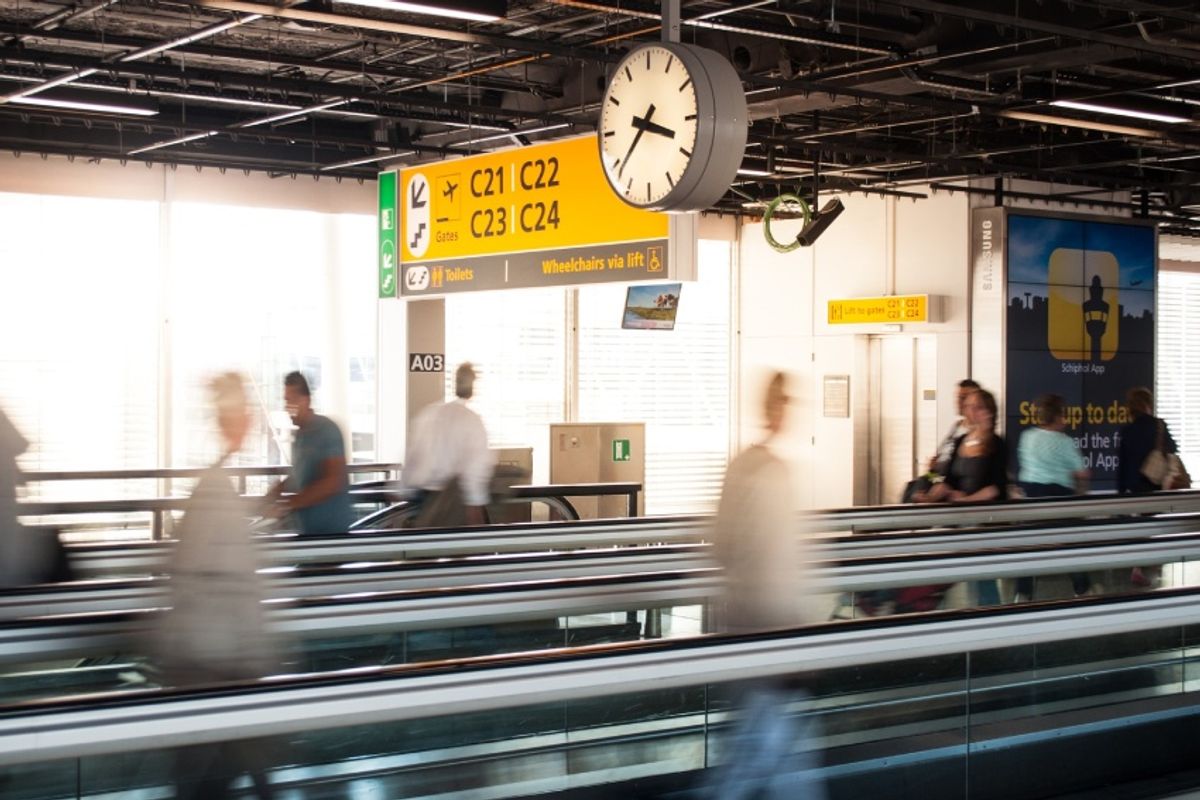Travel
Frequent flyer levy could reduce CO2 emissions by 21 per cent – study

A frequent flyer levy across Europe could “significantly” reduce CO2 emissions linked to aviation and raise considerable funds to combat the climate crisis, according to a new study by the New Economics Foundation and climate activist group Stay Grounded.
The report, published on Thursday, analyses the impact of a frequent flying levy (FFL) in Europe based on an economic assessment conducted by environmental research and consulting firm CE Delft, using the EU’s AERO modelling system, together with recent polling data on European attitudes towards aviation and the climate.
Modelled against a 2028 baseline, CE Delft’s assessment revealed that a FFL would result in a 26 per cent reduction in passengers, which, in turn, would lead to a 21 per cent reduction in carbon emissions linked to aviation.
The majority (54 per cent) of these savings would be secured from just 4.5 per cent of the population in western Europe (see graph below) who would otherwise have taken four or more return flights per year.
The additional taxes paid through the FFL would also raise €63.6bn in a year – or a six-fold increase in European aviation tax revenues, according to the study – to potentially fund emissions reduction initiatives.
The report proposes the introduction of a Europe-wide FFL that would apply increasing levels of tax to every return flight a person takes in a year. The first return flight, however, would not be charged a levy.
In line with existing air passenger duties in the UK, Germany and France, the modelled FFL also proposes a surcharge for “the most polluting journeys”, such as medium- and long-haul flights, as well as business and first-class seats.
Commenting on the findings, Sebastian Mang, senior researcher at the New Economics Foundation, said: “When it comes to stopping climate breakdown, Europe faces a huge gap in the finance available. A frequent flying levy could make a sizeable contribution to the EU’s funds and could be leveraged to generate hundreds of billions in capital for investment in public transport, wind and solar power and nature restoration.”
Additionally, the report argues that a FFL would “create a socially fair way of targeting excessive pollution by mostly wealthy frequent flyers, while preserving access to affordable occasional flights for lower income groups”.
Data cited in the report indicated that around 70 per cent of the population in western Europe would not be affected by the FFL “as they either do not fly at all or they take only one return flight per year”.
However, CE Delft’s modelling made no distinction between those passengers flying for business purposes – typically between 10 and 20 per cent, according to the report – and those travelling for leisure.
A 2023 BTN Europe report found that the idea of a FFL did not attract widespread support throughout the corporate travel sector. A poll embedded within the report also found that 46 per cent of BTN Europe readers were against governments introducing a levy on frequent flyers. Meanwhile, 43 per cent of readers were in favour and 10 per cent were unsure.
Nevertheless, 90 organisations and 47 academics have signed a petition in support of a frequent flying levy for the EU.
Stefan Grebe, author of the CE Delft economic modelling study, said: “Immediate reduction of carbon emissions is necessary to align the aviation sector with the goals of the Paris climate agreement. Otherwise aviation is likely to contribute to an overshoot of the remaining carbon budgets and in addition requires disproportionate amounts of clean energy and land or depends on uncertain technological breakthroughs.”










